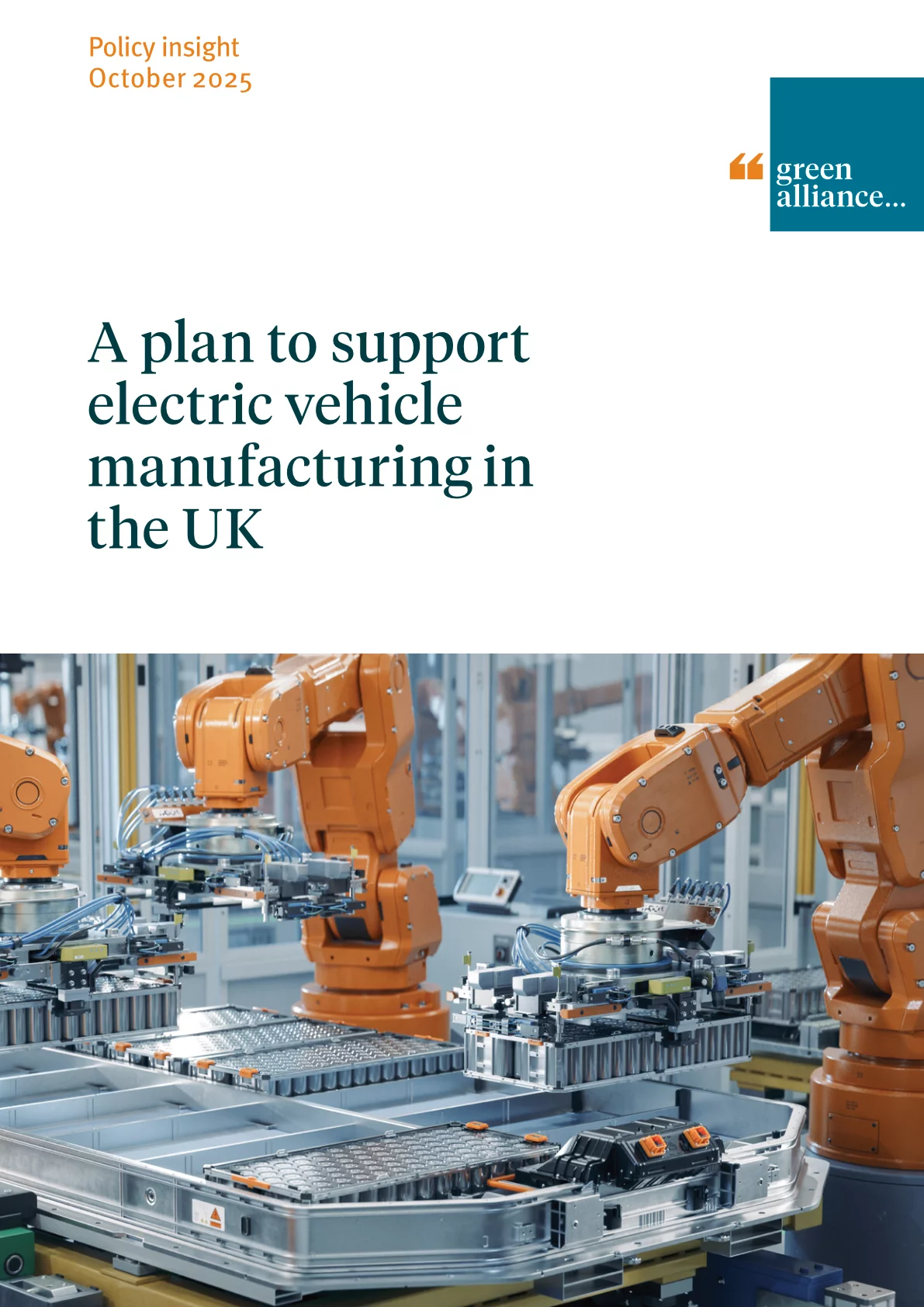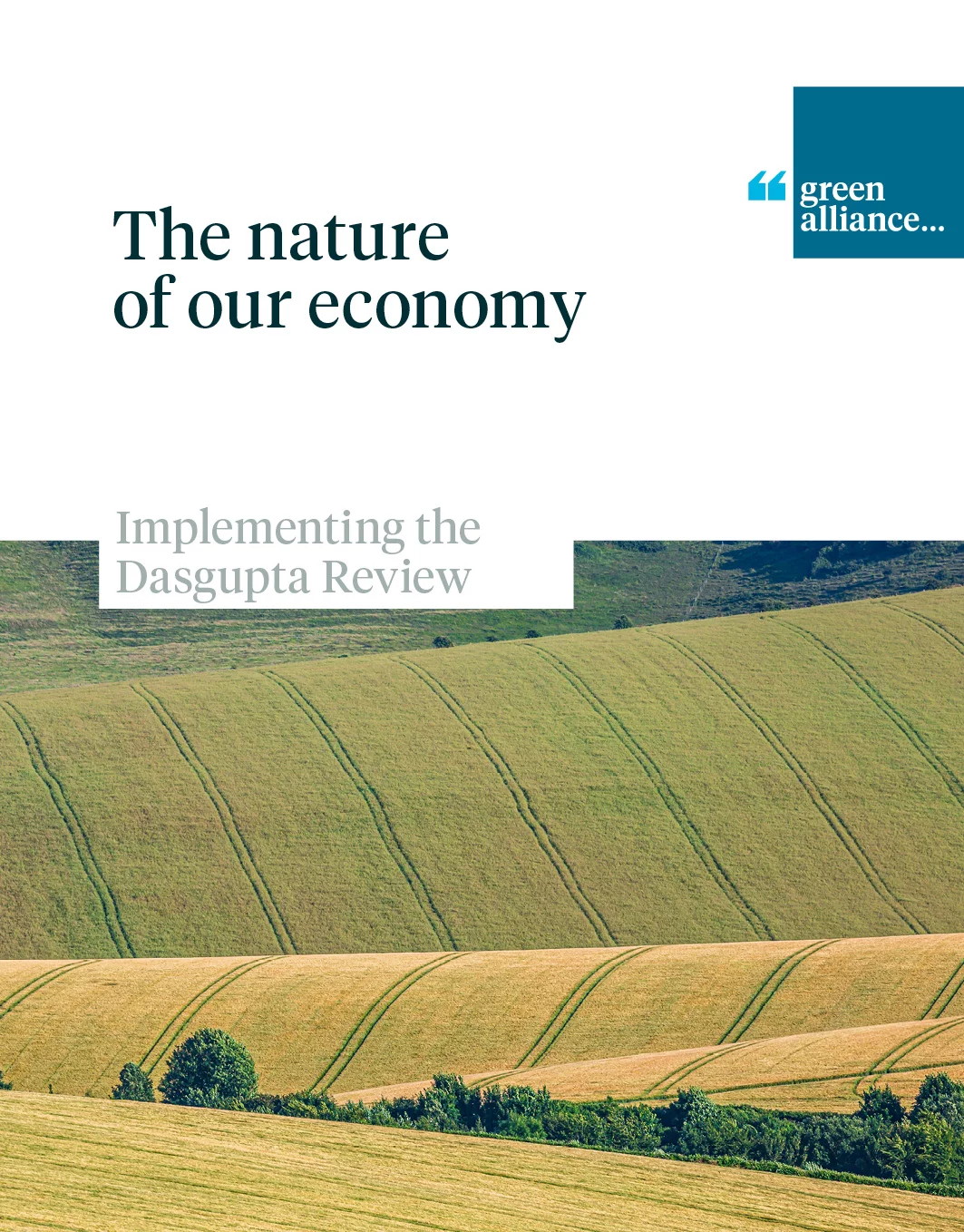The big squeeze: what’s stopping low to middle income households benefiting from net zero?
Summary
The UK has a legal obligation and political commitment to reach net zero emissions by 2050. As 30 per cent of the adult population, low to middle income (LMI) households will be central to the broad adoption of green technologies needed to meet this target. But this group is often excluded from the benefits of the UK’s green transition.
Government policies to encourage green home heating measures and electric vehicles largely target the upper and lower extremes of the income spectrum. For instance, the Boiler Upgrade Scheme benefits those who are able to pay by subsidising the upfront costs of these technologies, to stimulate the market. At the other end of the spectrum, the government supports poorer households through schemes like the Energy Company Obligation (ECO).
Previously referred to as ‘alarm clock Britain’, the ‘squeezed middle’ and ‘just about managing’, LMI households can’t afford the upfront costs of new technologies, even with the subsidies. But they often don’t qualify for support given to the poorest households either. As a result, this section of the population misses out on the money saving advantages of green technologies. By upgrading their homes to energy performance grade C, LMI households could save an average of £306 a year on their energy bills and switching to electric vehicles would save them a further £552.
With living standards falling at their fastest rate since records began and energy bills set to rise once again in 2023-24, the government and the opposition must offer a fresh approach to support this income bracket to allow them to reap the financial and health benefits of the green transition and make faster progress.
On Thursday 18 May 2023, this event drew our report Locked out: helping low and middle income households benefit from net zero, exploring what barriers LMI households face to adopting green technologies and how government can support them.
Our expert panel discussion was followed by an audience Q&A.
Panellists
- Chair: Heather Plumpton, senior policy analyst, Green Alliance
- James Fotherby, policy officer, Aldersgate group and lead author of Locked out
- Daisy Powell-Chandler, head of the sustainability practice, Public First
- Stephen Frost, principal research fellow and co-head of participative research, IPPR
- Yumann Siddiq , policy manager, Energy UK

